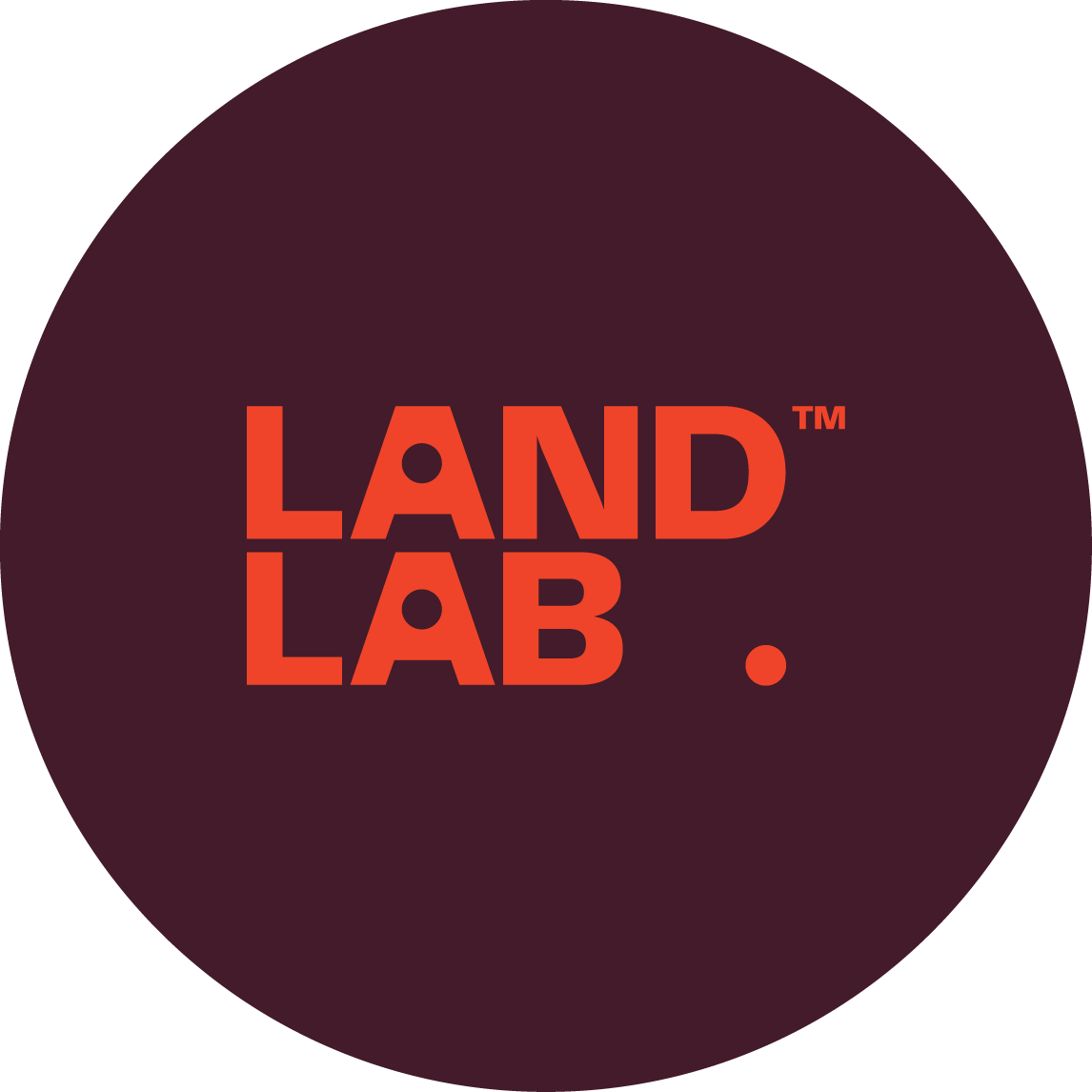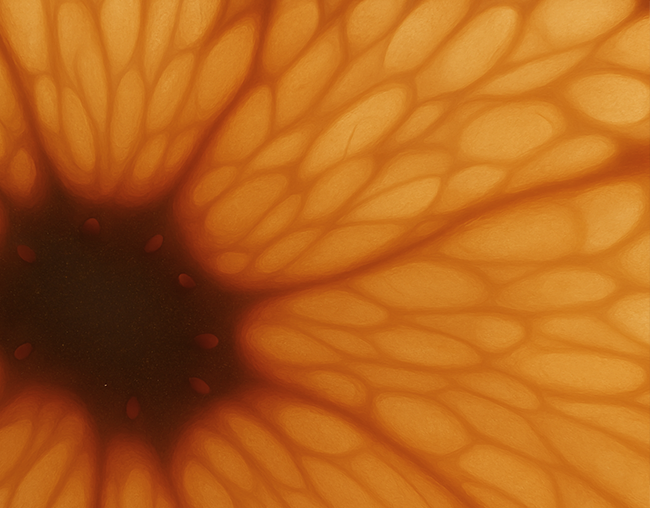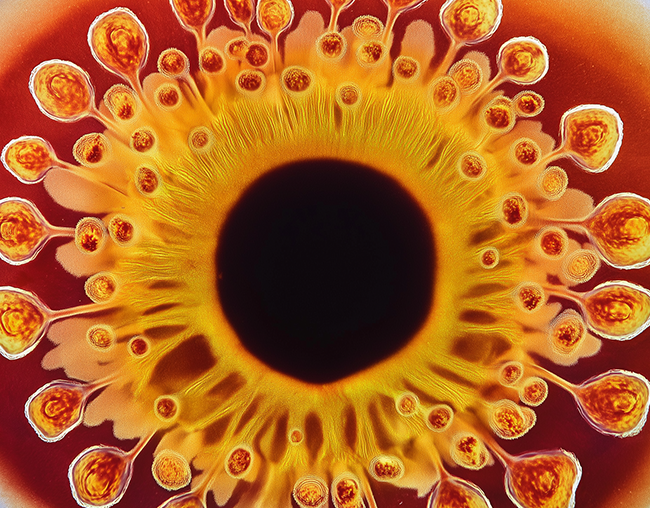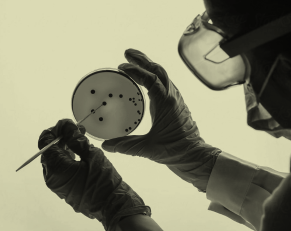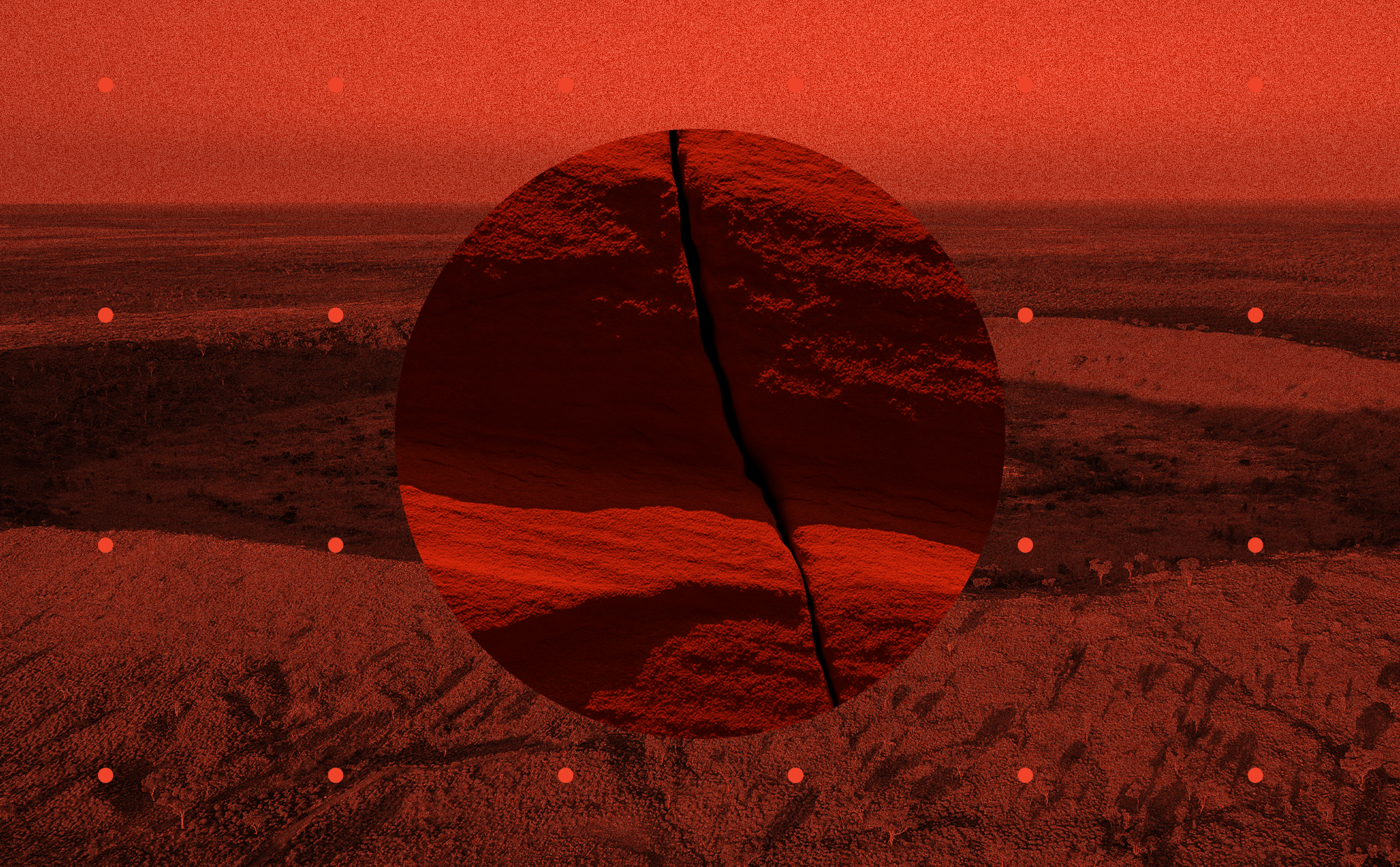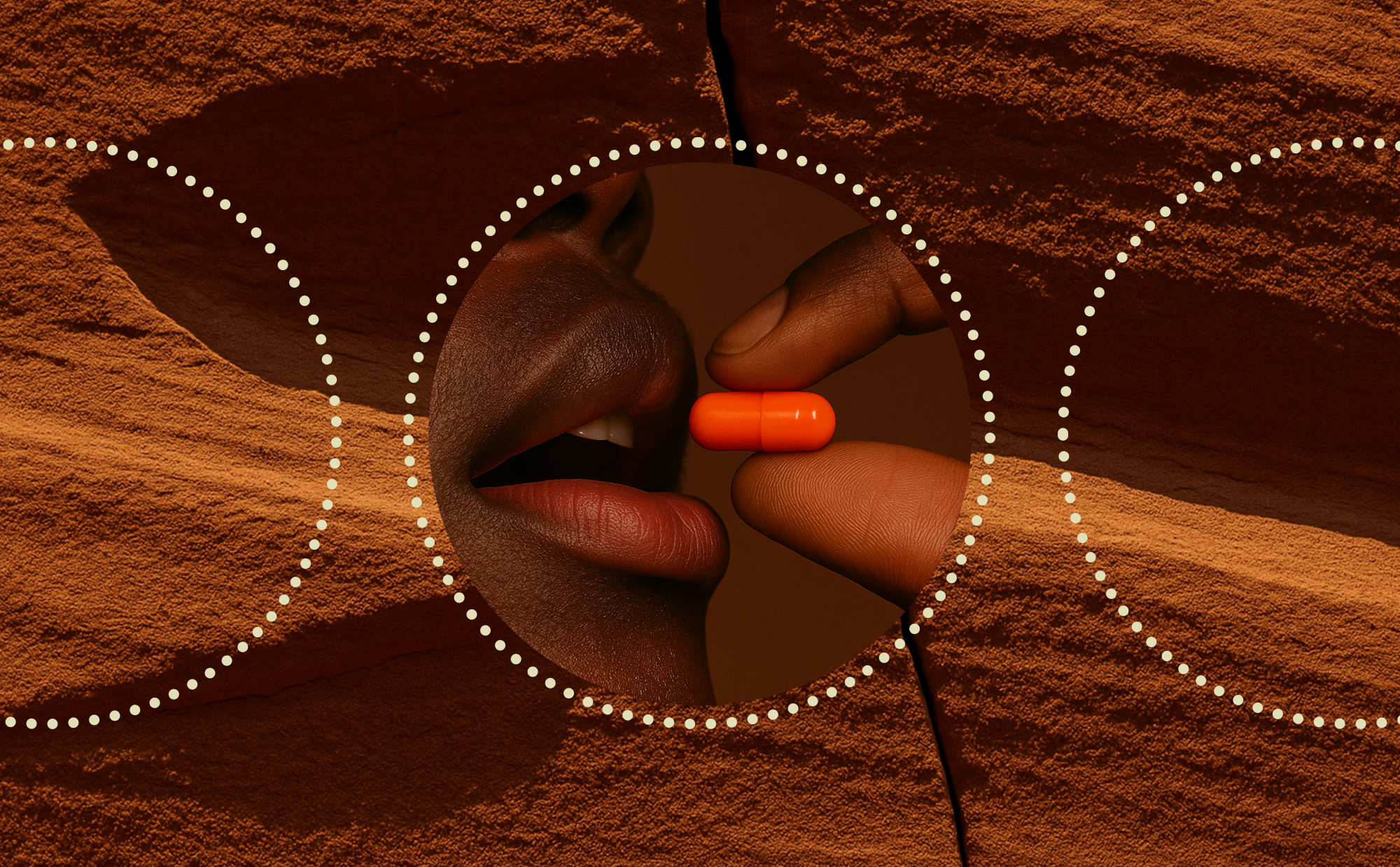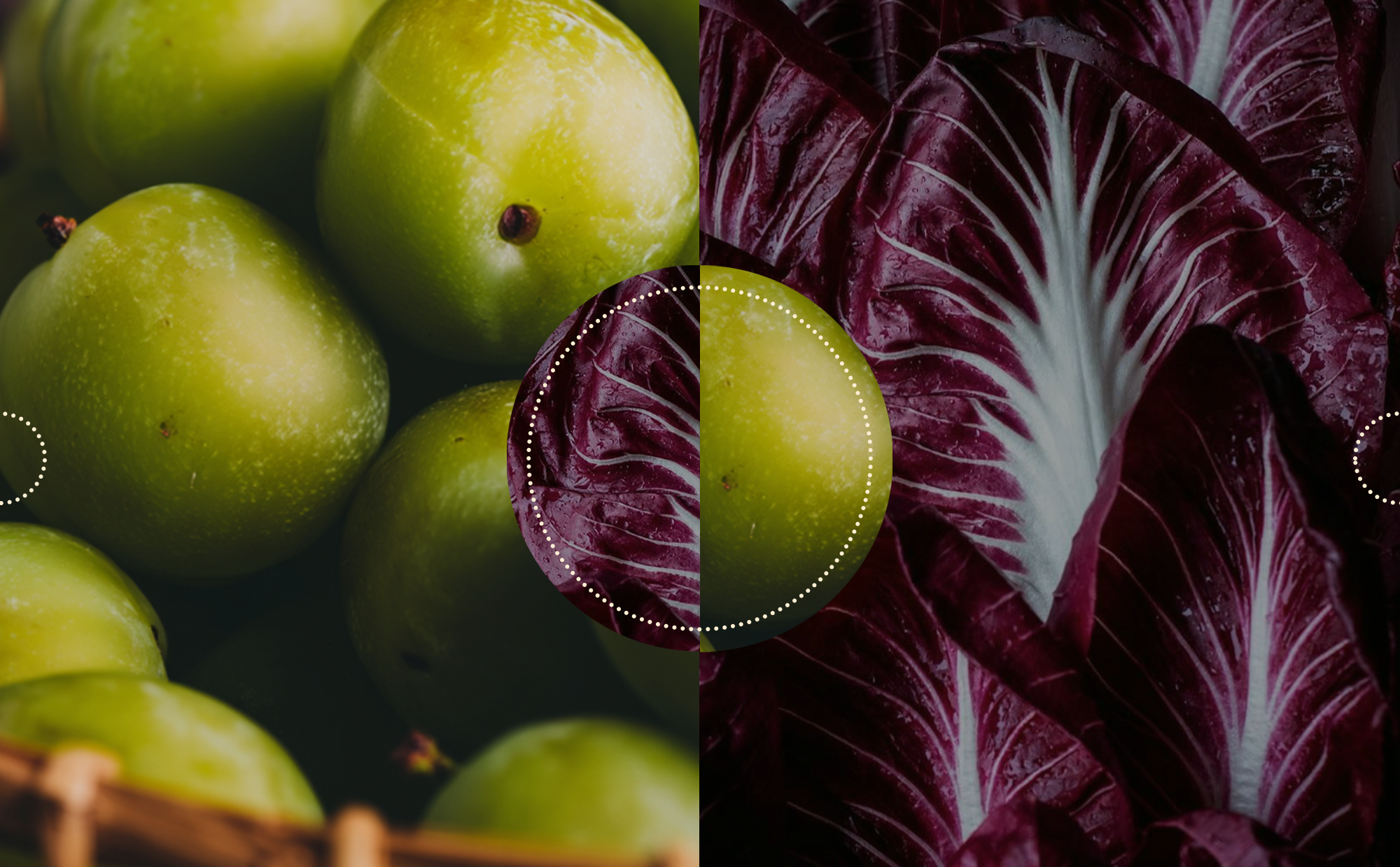Celebrating NAIDOC Week: Honouring Indigenous Culture on a 50 year Milestone
The Next Generation: Strength, Vision & Legacy
NAIDOC stands for the National Aboriginal and Islanders Day Observance Committee, which has its roots in the early 20th century when Aboriginal groups began advocating for their rights and recognition. The modern iteration of NAIDOC Week emerged in the 1950s, evolving from a day of mourning and protests against the shameful treatment of Aboriginal people, and evolving into a week dedicated to celebrating the strength and resilience of Indigenous people, culture, and heritage. A pivotal moment in this shift in public consciousness was the historical 1967 referendum that allowed Aboriginal people to be counted in the census and granting the federal government the power to make laws for them.
Now, 2025 reflects a 50 year milestone in the ongoing journey towards recognition, respect, and reconciliation under the theme of “The Next Generation: Strength, Vision & Legacy”.
These strengths, visions, and legacies are seen in each community, with each community having its own unique traditions, languages, and histories, contributing to the rich tapestry of Indigenous identity in Australia. There are many common strengths across communities too, most notably Country. For Aboriginal and Torres Strait Islander peoples, the concept of "Country" extends beyond mere geography; it encompasses a deep spiritual connection to the land, water, and all living things. This relationship is foundational to their identity, culture, and way of life.
Country is viewed as a living entity, imbued with spiritual significance. It is not just a backdrop for human activity but a source of life, sustenance, and cultural identity. The land holds growth, stories, traditions, and knowledge that have been passed down through generations. This connection fosters a sense of belonging and responsibility to nurture now, and for future generations.
The connection to Country is expressed through various cultural practices, including storytelling, art, music, food, bush medicines, and dance. These practices are not merely forms of expression; they are vital ways of transmitting knowledge and maintaining cultural heritage. Understanding this connection is crucial for appreciating the significance of NAIDOC Week activities and the broader Indigenous experience in Australia. Many events held during the week showcase these traditions and foods, allowing non-Indigenous Australians to gain insight into the richness of Aboriginal and Torres Strait Islander cultures.
NAIDOC Week is a powerful celebration of the history, culture, and achievements of Aboriginal and Torres Strait Islander peoples and this year’s theme is rallying for action and empowerment of youth, self-determination, and to encourage all Australians to engage in meaningful conversations about truth and moving forward together. It serves as a reminder of the importance of connection to Country and the ongoing journey towards recognition and reconciliation.
By engaging with Indigenous cultures and advocating for generational change, all Australians can contribute to a more inclusive and equitable society with a shared vision. So as we celebrate NAIDOC Week, let us honour the resilience and strength of Indigenous communities, culture, and history, and commit to standing in solidarity in the pursuit of the next generation being rich in strength, vision & legacy.

Written By
Felicity Kerslake
Bush Naturopath and Nutritionist | Founder, Australian BushFood Education Centre
Felicity Kerslake is a proud Wiradjuri woman with over two decades of experience as a bush food naturopath, sports nutritionist and educator. She is the founder and director of the Australian BushFood Education Centre, where she champions culturally grounded, science-informed approaches to nutrition and health using Australian native plants. Her integrative practice bridges natural health with conventional medicine, and she brings extensive experience across private practice, allied health, and sports performance.
